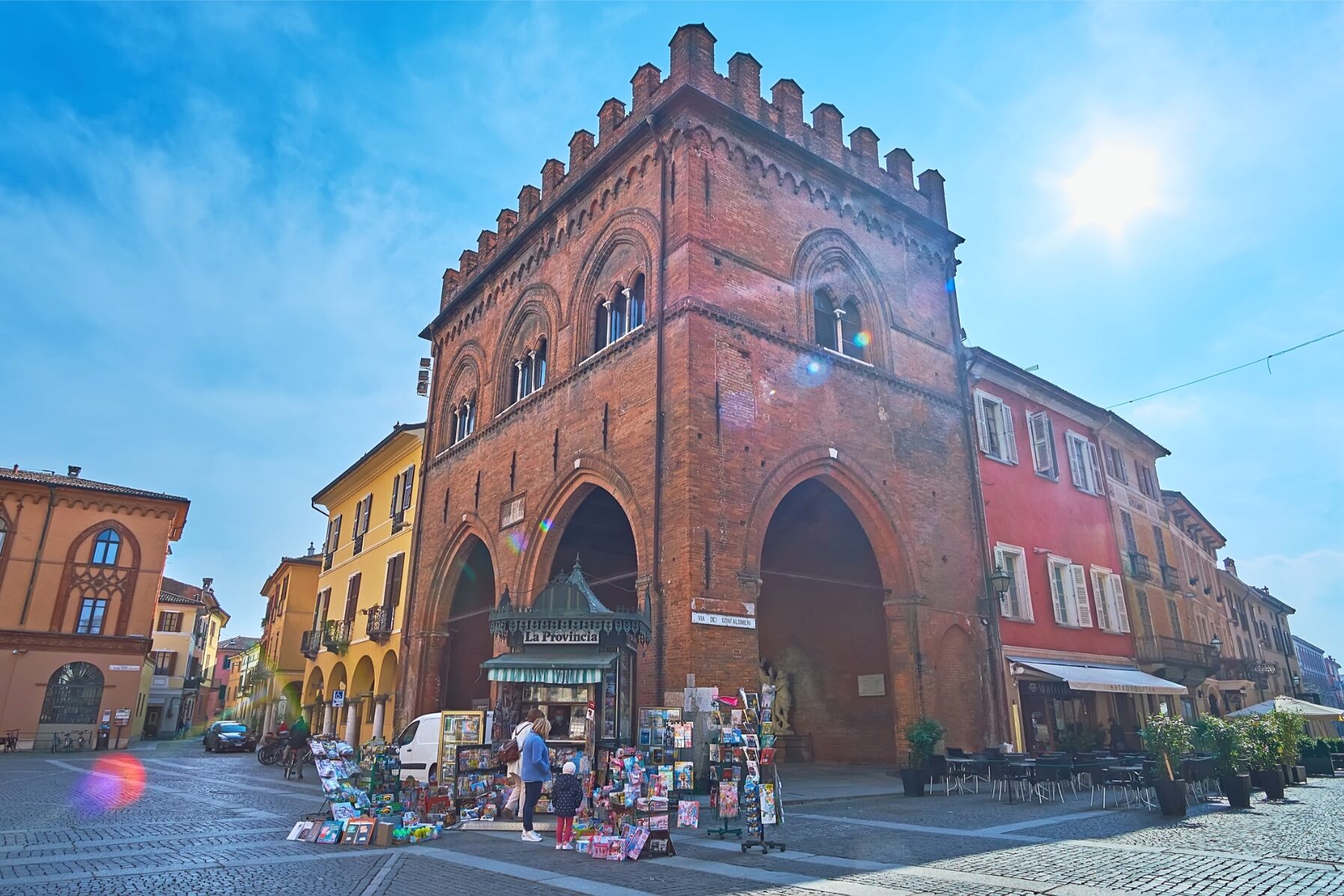Fighting high youth unemployment. This is the key issue of the Eu summit among the Ministers of the Job and Finance of Italy, Germany, France and Spain held in Rome. Prime Minister Enrico Letta cleared the common priority up: “We don’t have time anymore: we immediately must act against youth unemployment”.
In Italy it has reached 12,8% but, in the range of 15-24 years old people is over 40,5%. In both cases this is the worst result in the late 36 years.
If before the European summit, in Bruxelles at the end of June, the Italian government promises to introduce a national plan against what Italian President Napolitano called “the dramatic fall of the youth occupation”, Italy expects two results from the next summit.
The US President Obama meets US allies at G8 in Northen Ireland
The US President Obama meets US allies at G8 in Northen Ireland
Firstly the completion of the banking union and then, “concrete measures” of contrast to the unemployment. “You cannot go out with words – said Letta – but with hard facts”.
Unemployment is a serious problem throughout Europe.
Every year the 27 States of Eu lose 155 billion euro due to the “neet generation”, young people between 15-29 years who do not study and do not work. For Italy the unemployment costs 24 billion euro per year. As a percentage of gross domestic product, it is equal to -1,2% points for Europe and -1,5% for Italy.
That is why the Eu president José Manuel Barroso, opened to Letta: “It needs national funds, but yes, also European resources, structural funds for the growth”.
The summit in Rome was concluded with an appointment in sight of the G8: “I have just had videoconferences with Cameron, Hollande, Merkel and Obama to prepare the G8 of Monday and Tuesday in Northern Ireland”, twitted the premier.
Youth unemployment, trade and investment relations, and the crisis in Syria were key topics also of the telephone call between Letta and the United States President of the last May 20.
A conversation “long and friendly”, according to the Italian Premier’s office, in order to prepare the Group of Eight (G8) major nations in County Fermanagh in Northern Ireland.
Obama held the video conference with the heads of US allies, the leaders of Italy, France, Germany and Britain, the day after stiffening US policy on Syria. The White House said that Syria had crossed a US red line by using chemical weapons against rebels battling President Bashar al-Assad’s forces.
Obama, Letta, the German Chancellor Angela Merkel, French President Francois Hol-lande and British Prime Minister David Cameron will meet in person. Obama will also hold bilateral talks with Russian President Vladimir Putin.





























